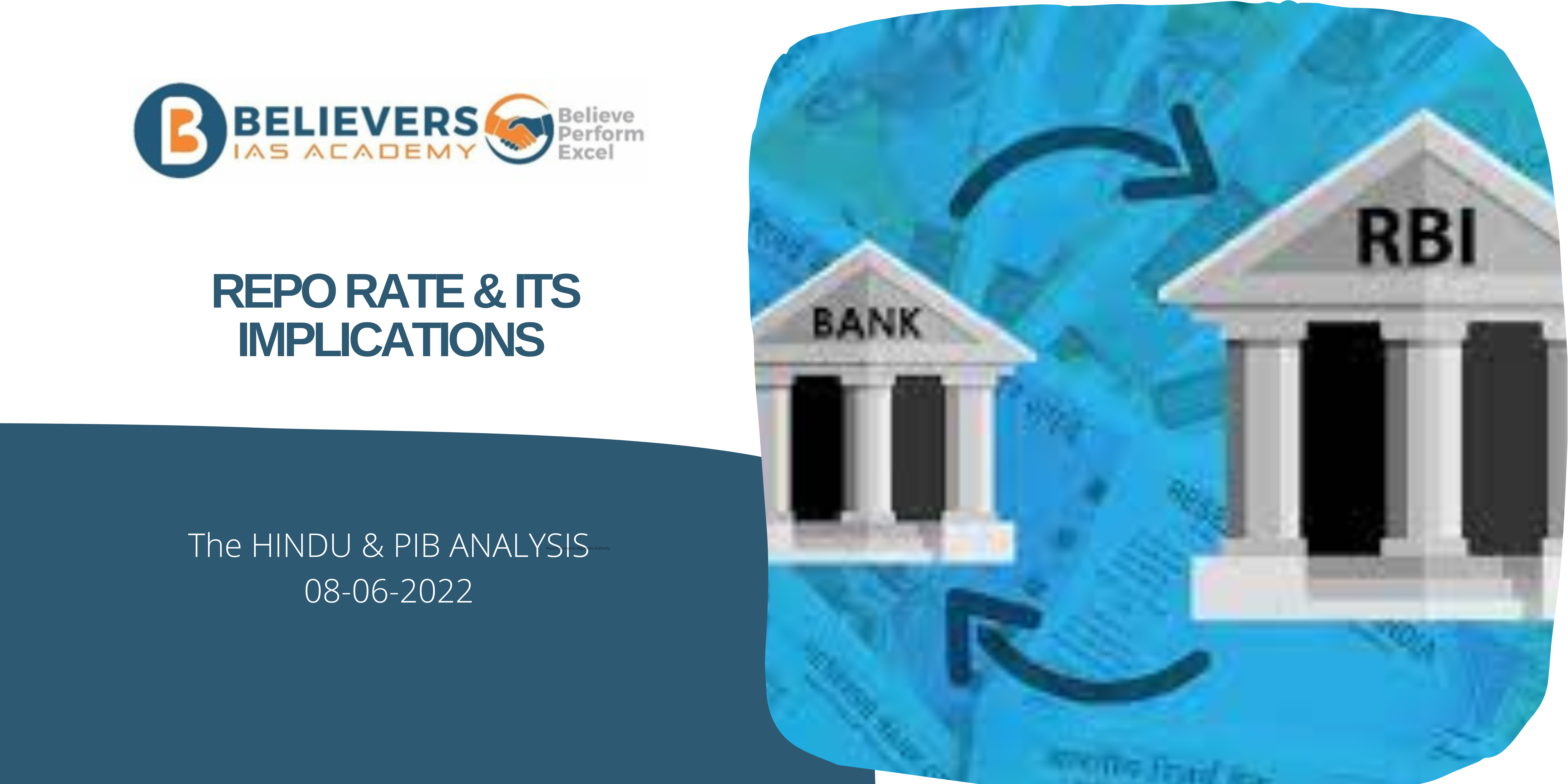Urban Transformation in India: Unraveling Phases, Navigating Complexities, and Kerala’s Beacon of Innovation
Context:
With the establishment of an Urban Commission in the State of Kerala after nearly four decades. The inception of this commission triggers reflections on India’s urban development trajectory, marked by distinct phases and policy shifts. Exploring the necessity of such commissions becomes imperative as urbanization continues to reshape the global and national dynamics.
Relevance:
GS-02 (Growth and Development)
Mains Question:
Examine the evolution of India’s urban development phases, highlighting the challenges and policy shifts. Evaluate the role of the Kerala Urban Commission as a model for addressing the complexities of urbanization and discuss its potential impact on other highly urbanized states in India.
Urbanization:
- Urbanization, a common facet of economic growth, hinges on the gradual shift of surplus rural populations to urban areas and the concurrent development of industrial urban centers.
- This process, integral to modernization and industrialization, signifies a transformative shift from rural to predominantly urban culture on a global scale.
Causes of Rapid Urbanization:
- Natural Population Increase: Driven by improved health services, urban areas experience higher population growth rates than rural areas.
- Migrations: Rural-urban migration, spurred by industrial development, creates job opportunities, leading to substantial population movement.
- Expansion of Trade and Industry: Urban growth aligns with expanding industry and trade, fostering favorable conditions for urban establishment.
Significance:
- Easier Access to Facilities: Higher literacy, education, better health, and increased cultural and political participation are linked to urban living.
- Access to Information: Proximity to information sources, like radio and television, enhances health awareness, especially in family planning.
- Individualism: Urban living fosters self-interest and individual decision-making, providing diverse opportunities and social autonomy.
Dimensions of the Article:
- Evolution of Urbanization and Development Phases
- Revisiting the Urban Commission
- Role of the Kerala Urban Commission
- Lessons for Other States
Evolution of Urbanization and Development Phases:
- The global scenario witnesses a seismic shift in urban demographics, with more than half of the world’s population residing in cities. This urban transformation, a far cry from the era when Marx penned “Capital,” has far-reaching implications, including climate change, land use challenges, and socio-economic disparities. In the Indian context, post-independence urban development unfolds in two significant phases, the Nehruvian era and the subsequent paradigm shift in the 1990s.
- The Nehruvian period, spanning nearly three decades, witnessed the creation of around 150 new towns with a centralized planning approach. However, this approach faltered as it aimed at urbanization driven by state-led capital accumulation, resulting in mass rural-to-urban migration. The emphasis on manufacturing as the primary force behind migration proved unsustainable, leading to the prominence of the informal sector and the failure of centralized urban plans.
- The 1990s ushered in an era of urban privatization, where global city models became the blueprint for development. Large parastatals took charge of master plans, and consultancy giants reshaped urban policies, focusing on real estate over social welfare. The narrative shifted from holistic city development to project-oriented initiatives, epitomized by missions like the Jawaharlal Nehru National Urban Renewal Mission and the Smart Cities Mission.
Revisiting the Urban Commission:
- Against this backdrop, the significance of the 1985 Urban Commission gains renewed relevance. Piecemeal approaches to urban challenges have proven ineffective, necessitating a comprehensive revisit of the Urban Commission’s objectives. The current urbanization patterns, shaped by migration, settlement dynamics, and the impact of information technology, demand a holistic understanding.
- Mission-oriented approaches like Swachh Bharat, AMRUT, HRIDAY, and PMAY have fallen short of expectations, highlighting the need for a more nuanced and objective understanding of urbanization. Governance issues in cities further compound challenges, with the transfer of subjects to urban bodies languishing and debates over the role of elected officials versus managers.
Role of the Kerala Urban Commission:
- The formation of the Kerala Urban Commission takes on added significance, providing a model for addressing the complexities of urbanization. With a diverse team, including urban experts and historians, the commission’s 12-month mandate aligns with the objective of mapping out 25 years of urban development.
- Given Kerala’s urbanized population estimated at around 90%, the commission aims to navigate the challenges unique to the state, resonating with the broader global and national urban processes.
Lessons for Other States:
- While a national commission was desirable, the Kerala Urban Commission emerges as a beacon for other highly urbanized states like Gujarat, Maharashtra, Tamil Nadu, and Punjab.
- The process of advancing the urban commission in Kerala serves as a valuable learning experience for states grappling with the complexities of urbanization. In the absence of a national commission, the Kerala model offers insights and best practices that can be tailored and implemented in other high urban population states.
Way Forward and Conclusion:
- The path forward involves leveraging the insights gleaned from the Kerala Urban Commission to inform urban development strategies nationally. A holistic and nuanced understanding of urbanization, moving beyond mission-oriented approaches, is essential. Addressing governance challenges, decentralization, and financial architectures are critical components of sustainable urban development.
- As urbanization continues to shape the future, the Kerala Urban Commission stands as a pioneering initiative, offering valuable lessons for navigating the complexities of urban development. The imperative lies in adopting an inclusive, informed, and adaptive approach that resonates with the diverse urban landscapes across the nation.




